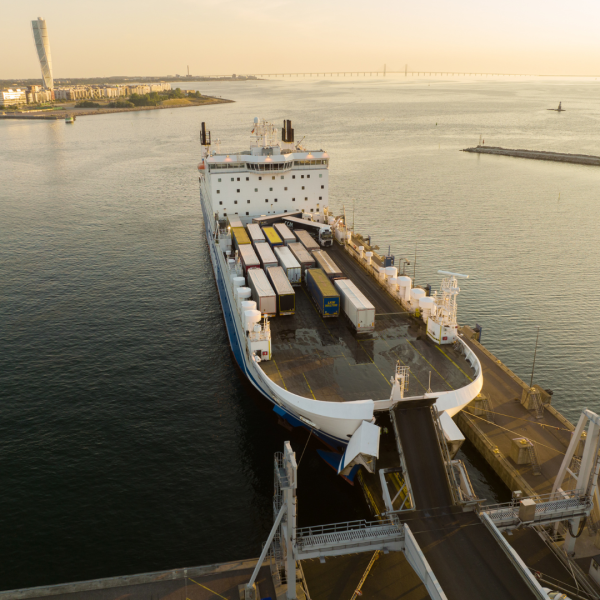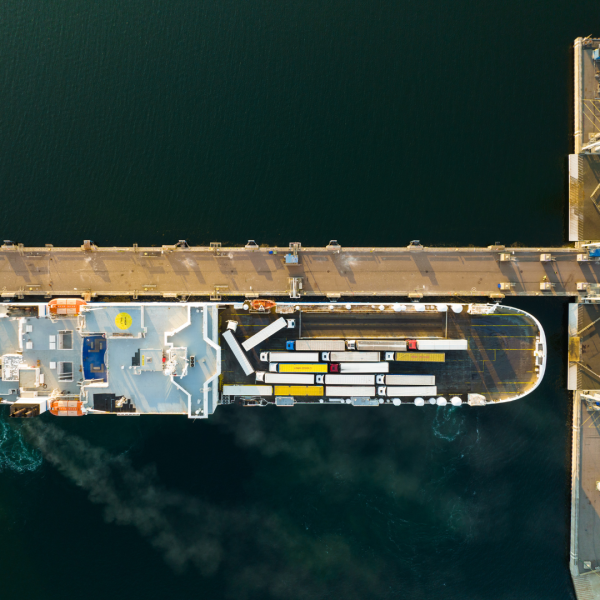Air pollution emissions in the EU have declined in the last two decades. Despite that improvement, air pollution remains the largest environmental health risk in Europe. Pollutants emitted by transport activities contribute to air pollution and put significant pressure on the environment and human health. Our focus so far has been air quality monitoring and urban freight.
Going forward we seek to broaden our work by also highlighting the social inequities of air pollution, as we know that low-income communities are disproportionately burdened by the health impacts from transport. We will also seek to leverage our global capacity and resources on global clean air science, monitoring and analysis to inform EU level strategic thinking of next steps on policy and evaluation of existing policy to encourage future ambition.


